
4 March | 11:00 – 12:00 CET
Food contact materials (FCM) play an important role in food services in healthcare. They are used in a range of common catering products, including food and beverage containers and cutlery and help ensure the safe delivery of food to patients and staff. There are, however, health and environmental risks from some substances used in FCM - through this webinar we aim to provide an understanding of these issues and present actions to prevent harm.
Current EU regulation on FCM allows potentially hazardous substances to leach or migrate into our food, which can ultimately end up in our bodies. Many of these substances are linked to potential long-term health effects on the nervous, endocrine, and immune systems. When regulations fall short in protecting our health and environment, the healthcare sector can take the lead, addressing the issue within their own facilities and ensuring that FCMs are safe. Leading by example in this way, healthcare organisations can inspire and influence wider change in other sectors.
The rapid increase in the use of disposable plastic products and food packaging not only means that enormous amounts of waste are being generated, but also that monitoring FCMs is becoming more challenging, and the potential human and environmental exposure of such hazardous substances and the associated risks are also increasing.
Although there can be technical challenges in changing healthcare food services and transitioning to safer and more sustainable FCM, many hospitals are already taking steps to reduce their use of FCM containing hazardous chemicals, by minimising the use of single-use items in their food services, and finding safer, reusable alternatives. In this webinar we will hear experiences from two healthcare facilities that are transforming their food services in this way.
In this webinar we will:
- Highlight the environmental and health impacts of FCM and how these issues can be addressed through sustainable procurement practices in healthcare.
- Share best practices from two hospitals on finding alternatives to single-use plastic in food contact materials:
- CH Angoulême has started using glass and porcelain containers for distributing breakfast in the maternity ward. They are also working on replacing plastic baby milk bottles with glass ones in the future.
- Yorkshire Ambulance Service NHS Trust has worked on replacing cups, food containers, and cutlery in their facilities with reusable alternatives and replacing single-use condiments sachets with larger, multiple use containers.
- Inspire other hospitals and healthcare providers to adopt clean, circular economy practices using non-toxic and reusable materials in their food services.
Speakers
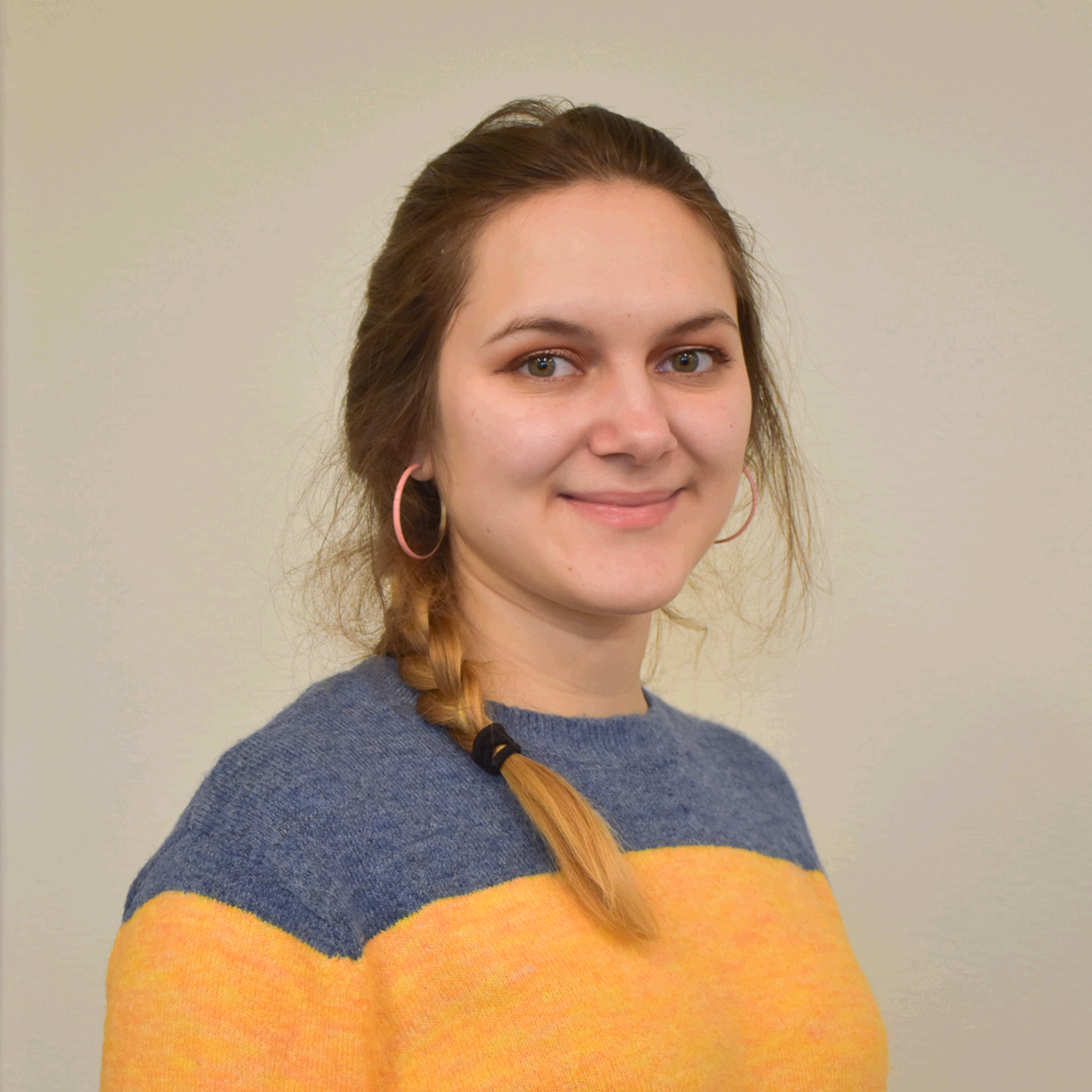
[Moderator] Andreea Zotinca, Circular Healthcare Project Officer - Health Care Without Harm Europe
Andreea supports the Towards Plastic-Free Healthcare in Europe project within the Circular Healthcare programme of HCWH Europe. She also offers support in advocacy and research initiatives. Andreea holds a Master’s degree in International Security, with global risks and environment as her two focus areas. She has previously worked as a trainee in corporate social responsibility and served as an intern at a renewable energy think tank.

Jane Muncke, Managing Director and Chief Scientific Officer - Food Packaging Forum
Jane holds a doctorate degree in environmental toxicology and a MSc in environmental science from ETH Zurich. She has worked at the Food Packaging Forum Foundation (FPF) in Zurich, Switzerland since 2012. FPF is a research and science communication organisation focusing on chemicals in food contact materials. Jane previously worked for a mechanical engineering company and glass packaging industry supplier. Before leaving academia, she was a scientific associate at Eawag, the Swiss Aquatic Science Institute, where she collaborated on various different research projects, including endocrine disruption in developing zebrafish, sustainable urban wastewater management, and removal of Arsenic from drinking water in Bangladesh. Jane has extensive experience as a science communicator and presenter, and she works with scientists on live presentation skills. She is a full scientific member of the Society of Toxicology (SOT), the Society for Environmental Chemistry and Toxicology (SETAC), the American Chemical Society (ACS), and the Endocrine Society.
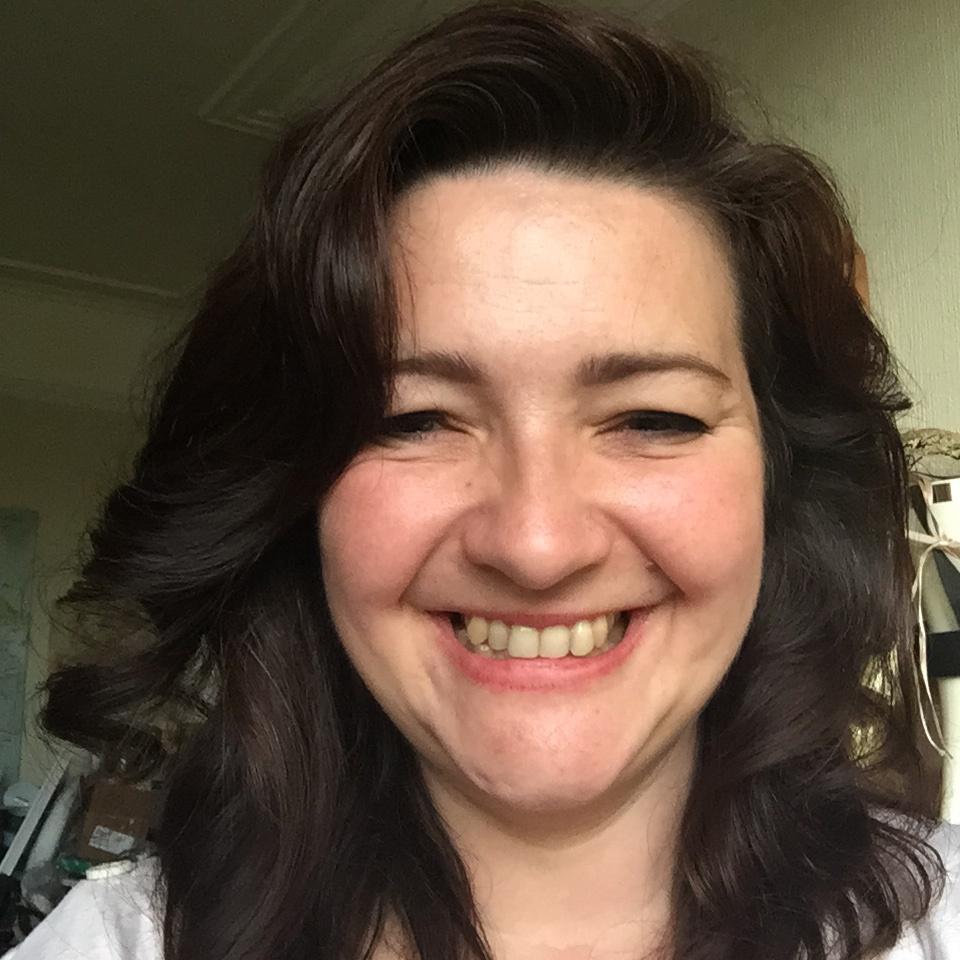
Alexis Percival, Environmental & Sustainability Manager - Yorkshire Ambulance Service NHS Trust
Alexis started as the UK’s first Sustainability Manager for an ambulance service in 2009. In her role she encourages staff to drive in a more efficient green manner without impacting their ability to save lives. She supports a reduction in the ambulance service’s carbon footprint through innovative low carbon technologies and low to zero emission ambulances, as well as working with her procurement department to decrease emissions through purchasing decisions. She leads the carbon management and reduction programme implementing awareness schemes, a carbon champion scheme, and she is in charge of rolling out the EV charging infrastructure for the ambulance service fleet.
Alexis established the Green Environmental Ambulance Network (GrEAN) in 2010 and has over 20 years of experience in the environmental field as an environmental consultant working on large national and international projects in the UK as well as Brazil, Germany, Mozambique, and Australia. She took a career break and spent three years driving around the world in an ex-military ambulance.
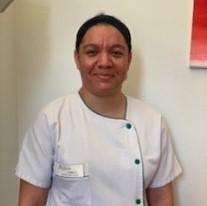
Murielle Tauran, Hospital Service Agent - CH Angoulême
Murielle has training in therapeutic communication and environmental health. She was part of the implementing team of the Eco-Responsible Maternity project at CH Angoulême and has worked on introducing glass and porcelain containers for breakfast in the maternity ward, and was involved in the work for the Très Haute Qualité en Santé Environnement (THQSE) label on quality and environmental health. She is a qualified floor manager.
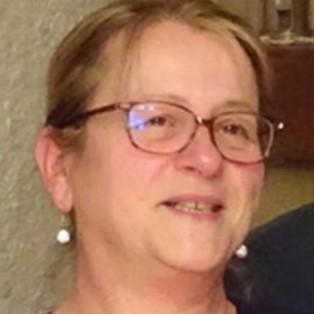
Dominique Licaud, Midwives Coordinator (Perinatal and Paediatrics) - CH Angoulême
Dominique has worked as a midwife in multiple health centres and has expertise in responsible procurement and sustainable development. She has experience in facilitating ‘Nesting’ workshops to raise awareness in young parents on pollution sources inside their homes and at conferences on environmental health. She has worked on implementing good practices for health and environment in the Mother & Child centre and was project manager for the Eco-Responsible Maternity project. She has also worked on the creation of the Très Haute Qualité en Santé Environnement (THQSE) label on quality and environmental health. Dominique has a diploma in midwifery from the Bordeaux Midwifery School and a management in midwifery certificate from Ecole de Cadre Sage-femme in Dijon. She has also obtained a diploma in Environmental Health from the University of Bordeaux.
HCWH Europe is supporting the Break Free from Plastic campaign #WeChooseReuse to accelerate the normalisation of reuse systems and showcase real solutions in different sectors, including healthcare. Adopting public procurement policies that prioritise reusable and non-toxic products and services such as food packaging, and facilitating reuse on site can be a first step for hospitals to transition to a more circular model, and reduce their plastic consumption and disposal.
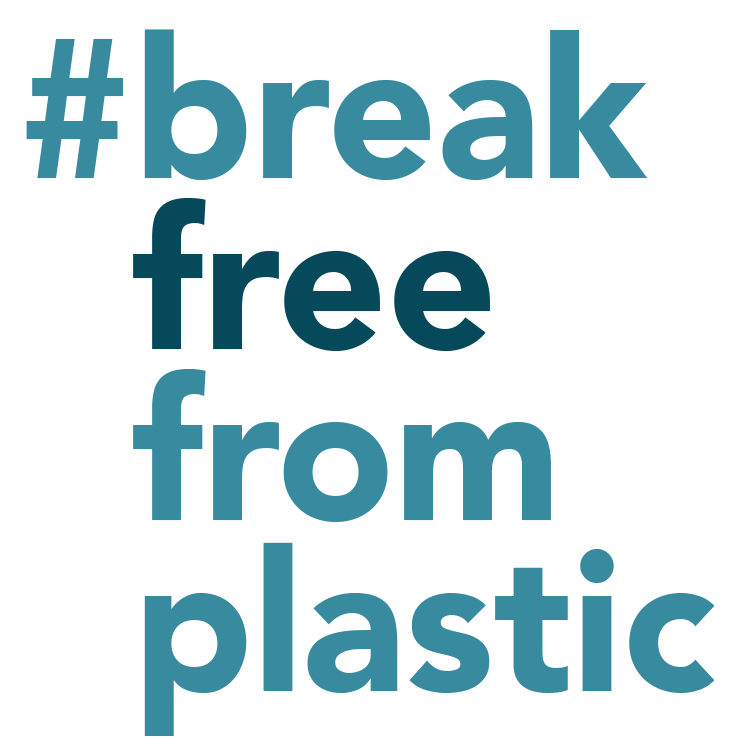
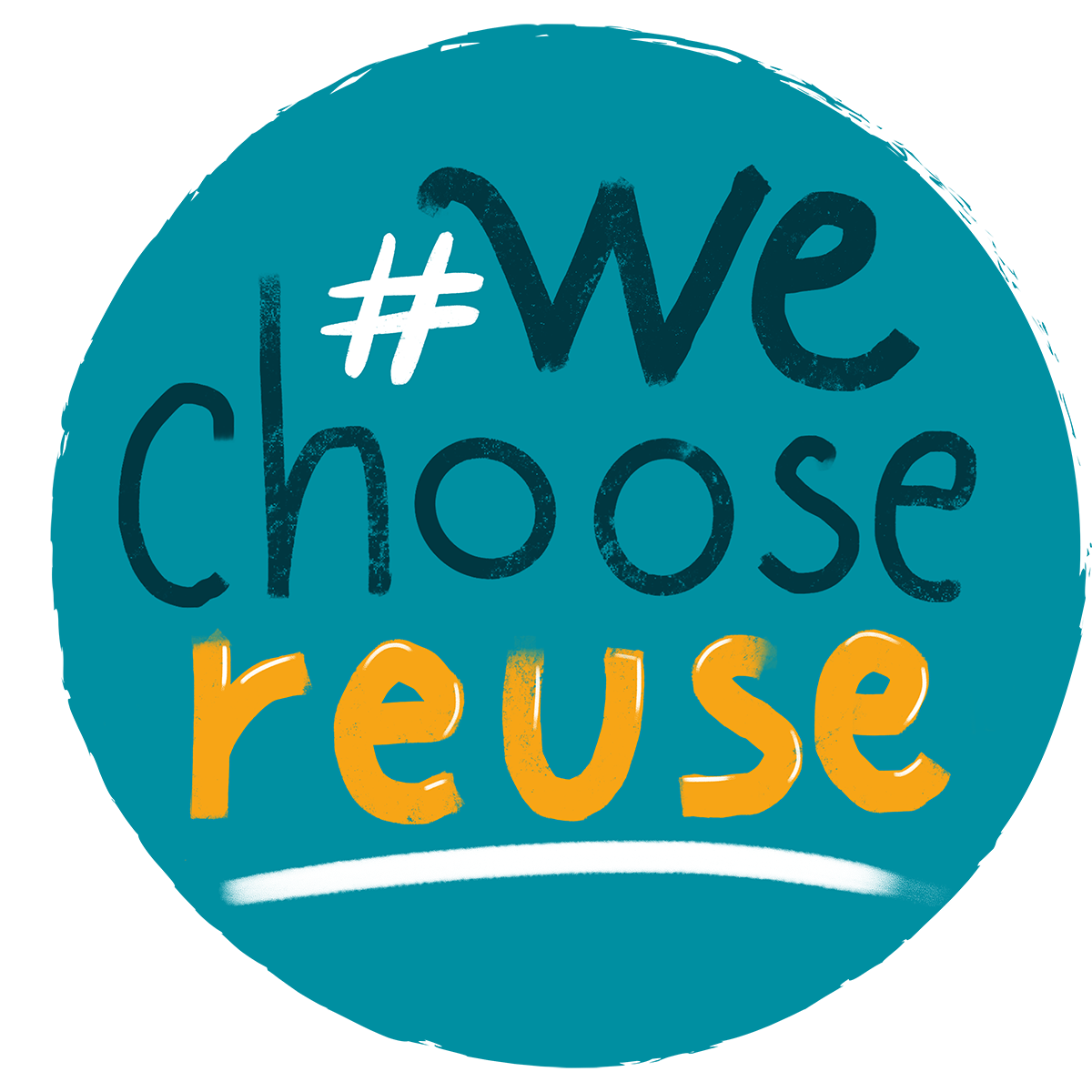
Event Details
Region
Europe
Date
Thursday, 4 March 2021
Location
Online